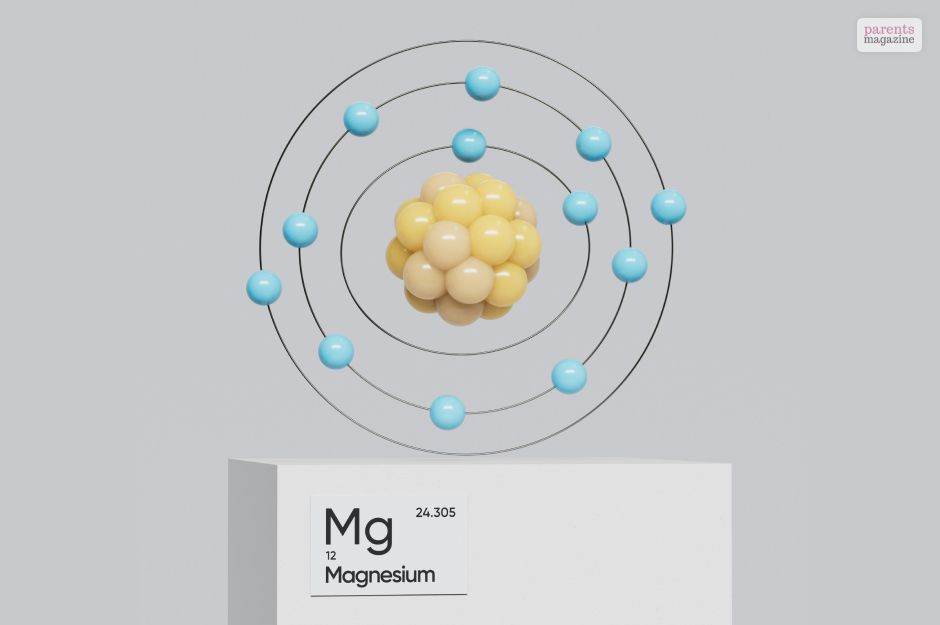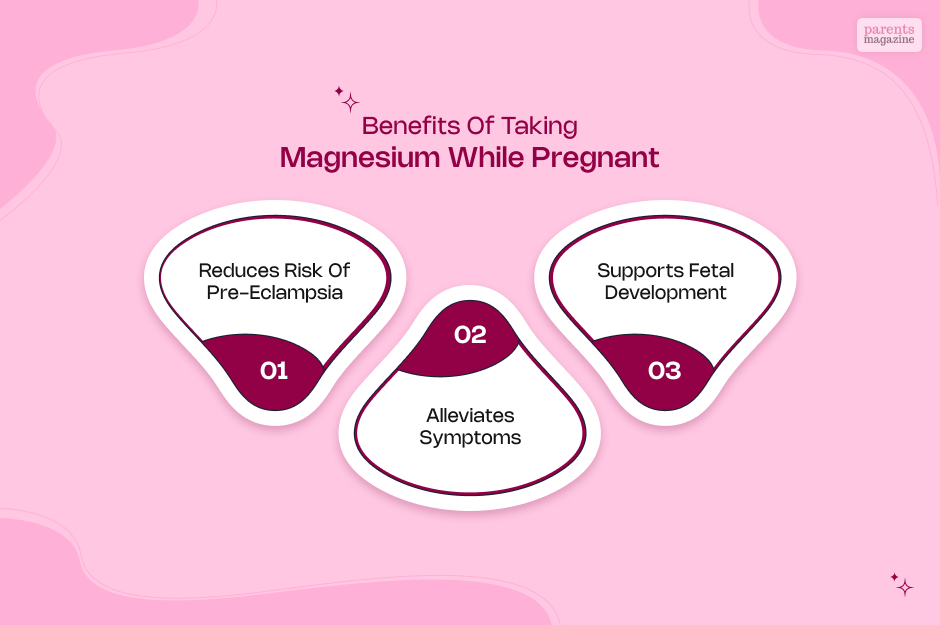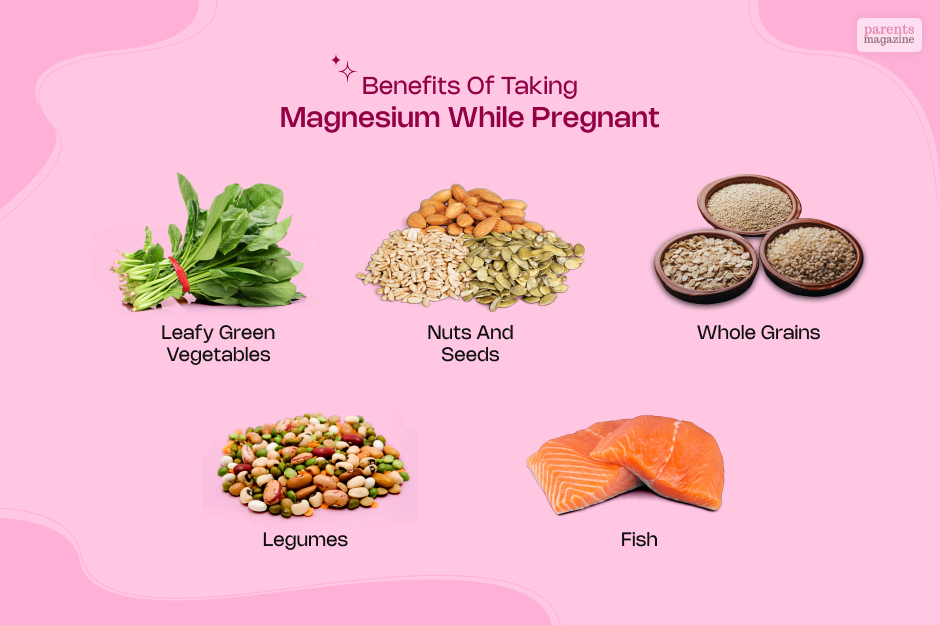
Can I Take Magnesium While Pregnant?
Can I take magnesium while pregnant? The answer is yes. But don’t be too hasty.
Your body is the wealth.
To keep yourself happy, you should always put your body first. Especially if you are a woman and want to conceive a baby, it’s important to know about your vitals and things that keep your vitals healthy.
One of the materials that keep your body healthy is magnesium. It keeps your body healthy and strong and helps you through your pregnancy. Yes, it’s available through food. But, sometimes, you may also resort to magnesium supplements.
Yes, you can obtain it through magnesium supplements. These are often taken to help with things like quality, muscle spasms, and migraines.
But should you take magnesium supplements when you are pregnant? Read this article to learn whether you should have magnesium supplements or not.
Why Should You have Magnesium During Pregnancy?

Magnesium is important and one of the most important supplements to have during pregnancy. It is an important mineral to give to your body. Also, if you are having magnesium supplements during pregnancy, it can affect your body in the following ways –
Following are the things magnesium can help a pregnant woman with –
- Migraines.
- Leg cramps.
- Reducing complications related to pregnancy.
- Having control over blood pressure.
It can also impact your baby’s growth, so it’s a pretty important mineral to know about, especially when you’re pregnant.
While your magnesium intake can usually be managed through what you eat and drink, supplementation during pregnancy might be considered as your changing hormone levels can affect your magnesium levels.
What is Magnesium?

Magnesium is a mineral needed for the development of the human brain and the body to function. This is a mineral necessary for both the mother and the baby.
It is one of the seven microminerals that’s necessary in your body daily. Iron and zinc are important, too. However, the level of magnesium you need is higher.
Your body changes during pregnancy, and your body keeps changing; you need to make sure that you are consuming enough magnesium to support your body’s function to the optimum level.
Both physically and emotionally, pregnancy is a difficult phase in a woman’s life. One essential aspect of mental health during this phase is ensuring adequate nutrient intake, especially magnesium.
Can I Take Magnesium While Pregnant

Yes, pregnant women can take magnesium when pregnant. Most healthcare providers would suggest pregnant women have magnesium. During pregnancy, women have an increased level of need to have pregnancy supplements.
It’s also important to consult healthcare providers before they can start supplementations. This way, one can understand the individual needs of someone’s magnesium requirements. Also, it will help them align it with their health conditions and unique needs.
Benefits of Taking Magnesium While Pregnant

Taking magnesium during pregnancy can offer several significant benefits that contribute to the health of both the mother and the developing fetus.
Reduces Risk of Pre-eclampsia
One of the most critical benefits of magnesium is its potential to lower the risk of pre-eclampsia, a serious condition characterized by high blood pressure and potential damage to other organ systems, most commonly the liver and kidneys.
Research has shown that adequate magnesium levels can help regulate blood pressure and improve vascular function, thereby reducing the likelihood of developing this condition during pregnancy.
Alleviates Symptoms
Here’s a reason to have magnesium if you are wondering, “should I take magnesium while pregnant?” Magnesium supplementation can also alleviate common pregnancy-related discomforts such as leg cramps, insomnia, and morning sickness. Leg cramps are particularly visible due to changes in blood circulation and muscle tension during pregnancy.
Magnesium helps relax muscles and may reduce the frequency and severity of these cramps. Additionally, experts also found that magnesium can help mitigate nausea, which is a frequent complaint among pregnant women, especially during the first trimester.
Supports Fetal Development
Proper magnesium intake is crucial for healthy fetal growth and development. Magnesium plays a vital role in numerous physiological processes, including protein synthesis, cellular function, and energy production.
It is essential for the development of bones and teeth in the fetus, as well as for maintaining normal muscle and nerve function. Studies suggest that adequate magnesium levels can lead to better pregnancy outcomes, including higher birth weights and reduced risks of fetal growth restrictions.
Natural Sources of Magnesium for Pregnant Women

Incorporating magnesium-rich foods into a pregnant woman’s diet is an excellent way to ensure adequate intake of this essential mineral.
Leafy Green Vegetables
Leafy greens such as spinach and kale are excellent sources of magnesium. These greens not only provide magnesium but also contain other vital nutrients like folate and iron, which are crucial during pregnancy.
Nuts and Seeds
Almonds, pumpkin seeds, and sunflower seeds contain a lot of magnesium. Adding nuts and seeds to your snacks and meals will help provide healthy doses of fats, along with fiber and protein.
Whole Grains
Brown rice, oats, and quinoa are all good sources of magnesium. In addition to their magnesium content, whole grains also offer the benefit of fiber, which helps ease constipation, a very common issue in pregnancy.
Legumes
Beans and lentils are not only rich in magnesium but also provide protein and fiber. They can be added to various dishes like soups or salads.
Fish
Fatty fish such as salmon contain magnesium but also provide omega-3 fatty acids that are essential for fetal brain development. Adding fish to the diet in moderation can increase overall nutrient intake during pregnancy.
Magnesium Supplements: What You Need to Know

While it’s best to get magnesium from food sources, some pregnant women might need supplements to fulfill their requirements.
Common Forms of Magnesium
Magnesium Citrate: This type is well-absorbed by the body and is frequently recommended for supplementation because it effectively increases serum magnesium levels.
Magnesium Glycinate
This form is gentle on the stomach and is less likely to lead to gastrointestinal issues such as diarrhea.
Calm Magnesium
A popular choice, this supplement combines magnesium with other soothing ingredients aimed at promoting relaxation and enhancing sleep quality.
Before beginning any supplementation, it’s essential for pregnant women to talk to their healthcare provider to find out the right type and dosage of magnesium tailored to their specific health needs.
Tips for Safe Magnesium Intake During Pregnancy

How much magnesium can i take while pregnant? Well, there’s a specific amount suggested based on daily allowances. Here are the tips for consuming magnesium through both supplement and natural food resources –
Stick to Recommended Allowance: The daily recommended allowance for pregnant women usually falls between 350-400 mg.
Monitor Total Intake: It’s important for pregnant women to track their total magnesium intake from both food sources and supplements.
Consult Healthcare Provider: Regularly discussing any symptoms or concerns about magnesium levels with a healthcare provider can help effectively manage dietary needs.
When to Seek a Doctor
It is important for pregnant women to be watchful about their health status and seek medical attention if the following situations occur. Extreme muscle cramps or persistent nausea might suggest an underlying condition requiring medical attention. Signs such as fatigue or irritability may indicate low magnesium levels.
In addition, any change in the health status or medication regimen is a reason to discuss with the healthcare provider about the need for nutrients.
You May Like To Read This:
Already have an account?
Sign In
Create your account
User added successfully. Log in








